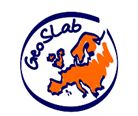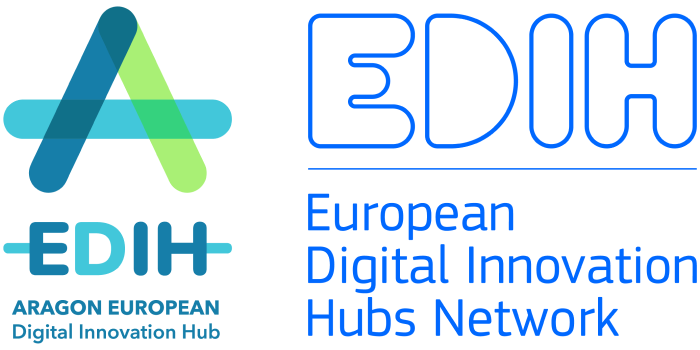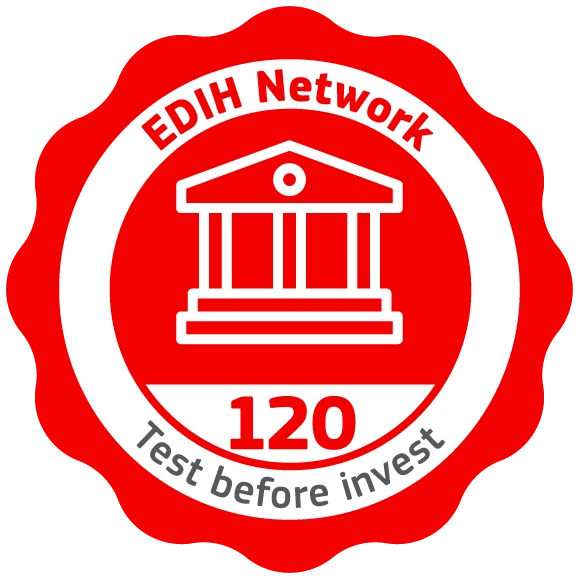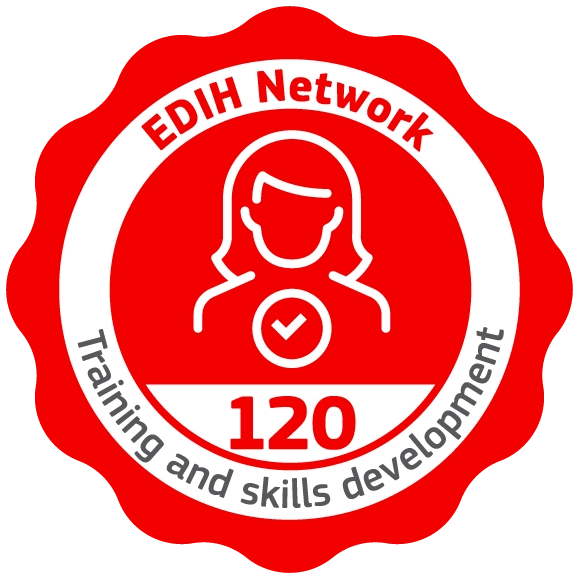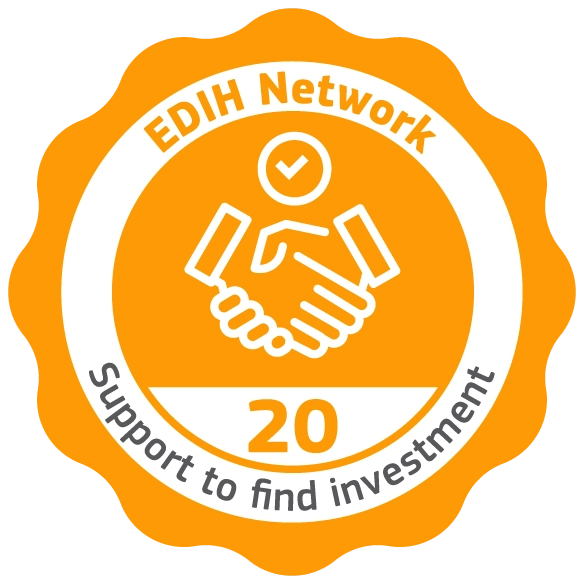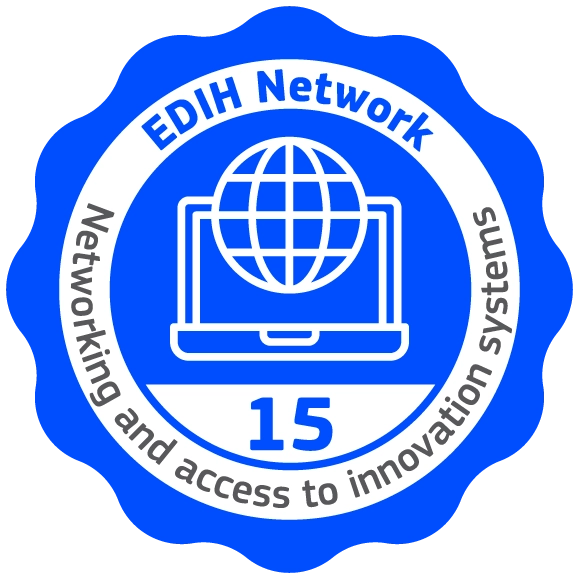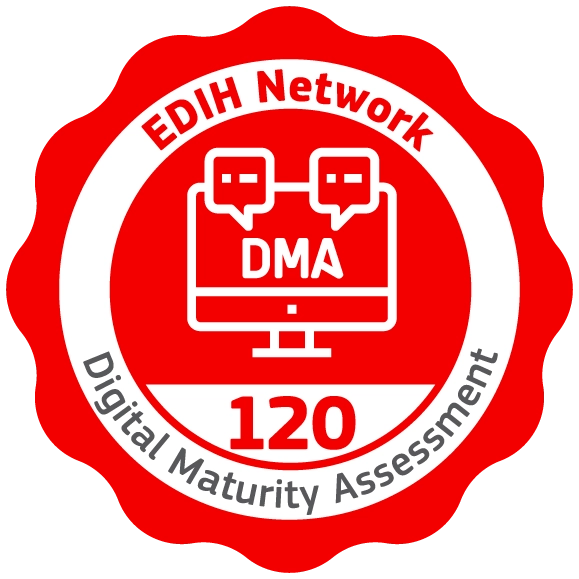Geo-Data Management and Analysis
Description
Geo-data management & analysis:
- Spatial semantics
- Geo ETL
- Spatial search
- Geo-Artificial Intelligence
- Discrete Global Grid Systems (DGGS)
- Spatial knowledge modeling
- Spatial Big Data
- Open data
Competitive Advantages
Decision-making processes in which spatial constraints are relevant involve the following areas:
Identification and characterization of information resources
These resources can be internal (generated within an organization) or external (obtained through commercialization, open data, or accessible third-party sources).
Knowledge modeling and transformation
Based on the identified resources, data is extracted and transformed to be used across different scenarios.
Information analysis and knowledge inference
Using geographical elements as a reference, the IAAA develops various approaches to analyze information and uncover hidden knowledge or infer new insights.
Information exploitation in various scenarios
Ultimately, the goal is to provide relevant information resources on time and in the appropriate format for use across diverse application scenarios.
This includes the continuous experimental validation of knowledge through active participation in industrial projects based on spatial data.
Applications
The most prominent application scenarios include:
- Identification, characterization, and integration of external information resources
- Information inference based on spatial analysis
- Decision support systems based on geographical constraints
- Augmented and mixed reality
- Information resource publication
Relevant sectors include:
- Public administration
- Tourism and culture
- Environment
- Agriculture
- Support to major consultancies by offering geographic differentiation in their projects
Classification
Technology Areas:
- Artificial Intelligence and cognitive systems
- Location-based technologies (e.g., GPS, GIS, indoor localization)
- Data mining, Big Data, database management
Categories:
- Technological development
- Technology transfer
- Concept validation and prototyping
- Testing and validation
Keywords
Spatial information, Geographic knowledge, Spatial semantics, Geo ETL, Decision Support Systems (DSS), Discrete Global Grid Systems (DGGS), Geographic metadata
Contact
Success Stories
Diputación de Barcelona
Various support projects for the development of SITMUN (Municipal Territorial Information System), including software architecture design, technology consulting, guidance in open-source project design and management, etc.

National Geographic Information Center / National Geographic Institute (Spain)
Various support actions in the development of the Spatial Data Infrastructure and Spain’s representation in the INSPIRE Maintenance and Implementation Group (MIG). Work includes scientific consulting, technology validation, support in standardization processes, etc.

7eDataBusiness
Support to the company in developing the platform www.agroslab.com, a digital ecosystem integrating both proprietary and third-party services. Key work includes integration of existing open data sources in the agricultural field, development of remote sensing services, and support in developing technologies for the visualization of spatial information.

GeoSpatiumLab
Development of a web infrastructure for collaborative modeling on a geodesic grid of geographic spaces with tourism interest. R&D&I project supported by the Government of Aragón and the European Union through the ERDF Aragón 2014–2020 funds.
